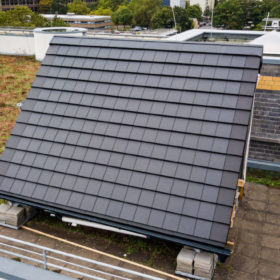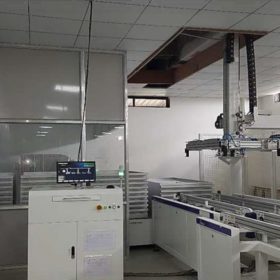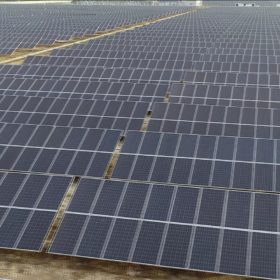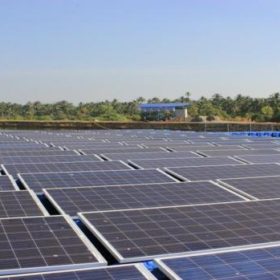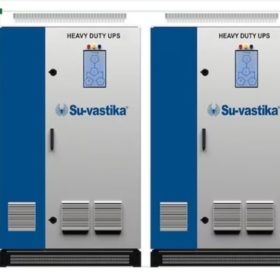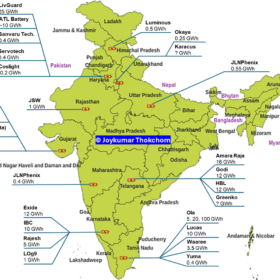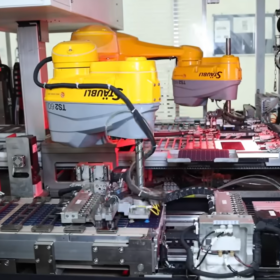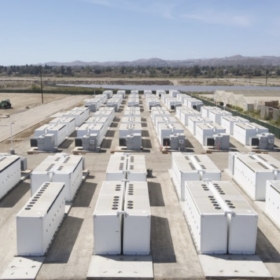Photovoltaic-thermal solar tiles
Germany’s Paxos is currently testing the solar tile in a testing facility connected to an air heat pump. The panel can provide heat and electricity at the same time, while also improving the heat pump’s coefficient of performance by around 25%.
Navitas Solar achieves carbon neutrality for 2021
The Gujarat-based solar manufacturer has pledged to become fully carbon neutral by 2023 and achieve net-zero status by 2030.
SJVN’s 75 MW Parasaran solar project to go online this month
The state-owned hydropower producer is developing the 75 MW solar power project in the Jalaun district of Uttar Pradesh.
SunEdison changes its name to Refex Renewables & Infrastructure
Tamil Nadu-headquartered SunEdison Infrastructure Ltd will now be known as Refex Renewables & Infrastructure Ltd.
NTPC tenders 21 MW of solar EPC in Madhya Pradesh
Domestic bids are open for the installation, commissioning, and three-year operation and maintenance support for two grid-connected solar projects of 10.5 MW each in the Neemuch district. Bidding closes on November 15.
PV InfoLink forecasts polysilicon prices to be halved by end of 2023
The consulting firm expects prices to decline gradually through the first semester of 2023, followed by an accelerated decline in the second half of the year, with prices falling from the current CNY 300 ($36.64)/kg to below CNY 150/kg by the end of 2023. Polysilicon production capacity may increase from 500 GW in 2022 to 975 GW next year.
Jakson Green to develop $2.8 billion green ammonia and green hydrogen project in Rajasthan
Jakson Green, a new energy platform backed by Jakson Group, will set up a 365,000 tons per annum green hydrogen and green ammonia plant in Rajasthan. It will develop the plant, along with an integrated hybrid renewable power complex, in phases with a cumulative investment of about INR 22,400 crore.
Su-vastika launches up to 500 kVA lithium battery UPS
The Indian solar startup has introduced lithium battery-based three-phase uninterruptible power supplies (UPS) with power ratings from 10 kVA to 500 kVA.
Reliance Industries to restructure group EPC resources
India’s Reliance Industries Ltd (RIL) is realigning its engineering, procurement, and construction (EPC) resources to create a focused EPC undertaking for implementing its large projects across New Energy, oil-to-chemicals, and 5G roll-out.
Borosil Renewables completes acquisition of 86% in Europe’s largest solar glass maker Interfloat Group
Borosil Renewables had signed a binding offer for 100% equity in Interfloat Group, Europe’s largest solar glass manufacturer, in April this year.
